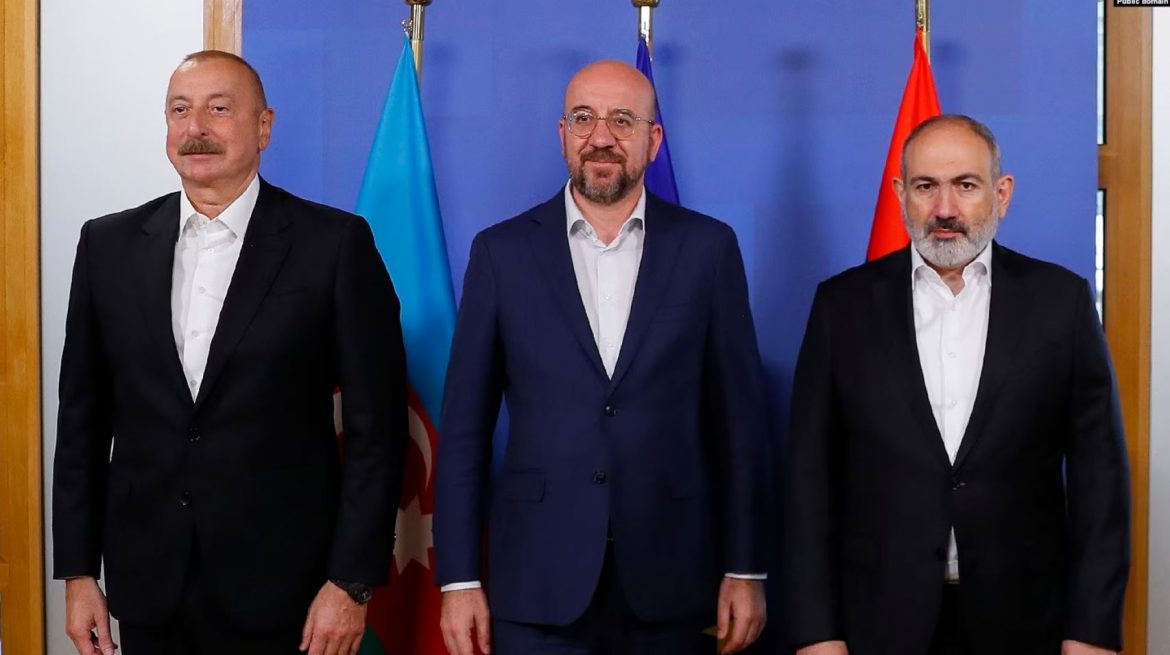Armenia has presented Azerbaijan with new proposals regarding a bilateral peace treaty discussed by the two countries, Prime Minister Nikol Pashinyan said on Thursday. He did not disclose them.
The treaty has been the main focus of Armenian-Azerbaijani negotiations held over the past year. Despite reportedly making major progress, the two sides still disagree on a number of key issues. Those include mechanisms for delimiting the Armenian-Azerbaijani border and providing security guarantees for Artsakh’s (Nagorno-Karabakh’s) ethnic Armenian population.
In May, Pashinyan pledged to recognize Azerbaijani sovereignty over Karabakh through the treaty. He complained on August 3 that Baku is seeking to sign the kind of peace deal that would not preclude Azerbaijani territorial claims to Armenia.
The far-reaching concession offered by Pashinyan was followed by the tightening of Azerbaijan’s blockade of Karabakh which aggravated severe shortages of food, medicine, fuel and other essential items there. In recent days, Baku has allowed groups of civilian residents of Karabakh to leave the region through an Azerbaijani checkpoint set up in the Lachin corridor.
“We have received reliable information that plans are being made to open the Lachin Corridor in one direction: that is, to allow exit from Nagorno-Karabakh and not to allow entry,” Pashinyan said on Thursday at the start of a weekly cabinet meeting in Yerevan.
Pashinyan claimed that the Azerbaijani government’s “main aim” is to drive the Karabakh Armenians out of the region “whether by famine, military operation or other means.” He also accused Baku of “torpedoing” direct talks with Karabakh’s representatives encouraged by Western powers.
“At the same time, I want to emphasize Armenia’s commitment to the peace agenda,” Pashinyan went on. “I must inform you that we have passed on to the Azerbaijani side our new proposals on a peace treaty between Armenia and Azerbaijan.”
The Armenian premier shed no light on those proposals. In recent months, the United States and the European Union have stepped up their efforts to broker the peace treaty. The Armenian and Azerbaijani foreign ministers held two rounds of intensive U.S.-mediated negotiations outside Washington in May and June. Meanwhile, the EU’s top official, Charles Michel, hosted a series of Armenian-Azerbaijani summits in Brussels.
By contrast, Russia warned early this month against attempts to “artificially” speed up the signing of the Armenian-Azerbaijani peace accord, pointing to lingering differences between Baku and Yerevan.
Source: Azatutyun.am




